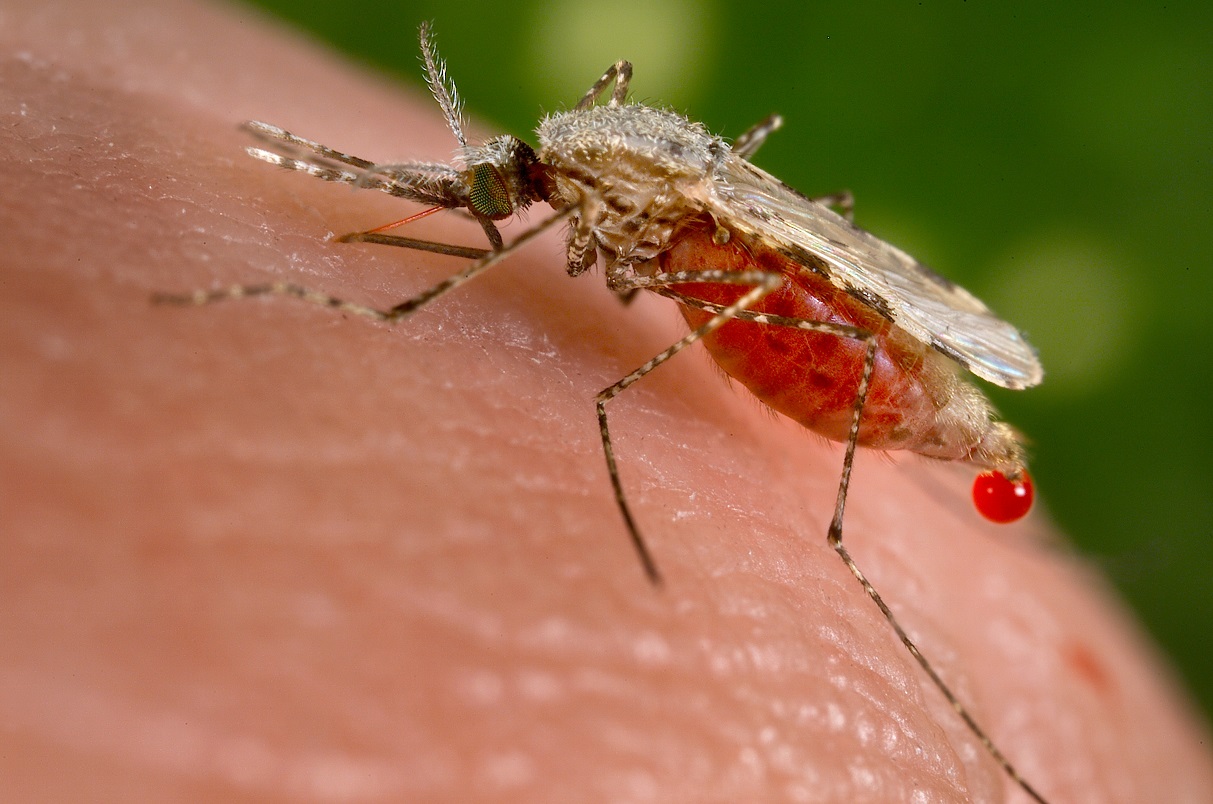Using the revolutionary and increasingly popular gene editing technique CRISPR-Cas9, scientists with the University of California have genetically engineered a strain of mosquitoes that they claim holds the ability to ultimately stop mosquitoes from transmitting malaria to humans.
The new GMO skeeters are designed to introduce malaria-blocking genetics into a mosquito population through sexual propagation. The offspring produced, according to the UC scientists behind the research, would lose the ability to transmit the disease to humans as a result of the malaria-blocking genes passed down to them by their genetically modified predecessors.
Researchers at the University of California’s San Diego and Irvine campuses injected a DNA element in the Anopheles stephensi mosquitoes’ germ line which, according to the researchers, resulted in a 99.5 percent malaria transmission prevention rate in their offspring.
The prevention rate, which the researchers referred to “astonishing” in a press release, is particularly impressive given that the A. stephensi is an important malaria vector in Asia.
UCI professor of molecular biology and biochemistry Anthony James, who is also a professor of microbiology and molecular genetics, and his lab have been focused on the engineering of anti-disease mosquitoes. James, who helped lead the recent study–which was published in the journal Proceedings of the National Academy of Sciences–stated that the culmination of their latest research “opens up the real promise that this technique can be adapted for eliminating malaria.”
This opens up the real promise that this technique can be adapted for eliminating malaria
The UC scientists’ genetically modified malaria-fighting mosquitoes are by no means the first to have been engineered with the intent of combating the spread of mosquito-borne disease–such as dengue fever, malaria and West Nile virus–as for instance, companies like biotech firm Oxitec have already been approved to test their GMO mosquitoes in places such as Brazil – where they reported a 96 percent success rate in the suppression of dengue fever.
The crystalline organochloride that is dichlorodiphenyltrichloroethane, better known by its acronym DDT, found widespread use in the United States as an insecticide before it was banned. Decades later, Americans continue to live with the long-lasting effects ranging from DDT’s breakdown products having been detected in the blood of 99 percent of the people tested by the CDC and considerable percentages found by the USDA in a variety of food products.
According to the President’s Cancer Panel, girls who are exposed to DDT prior to puberty are five times more likely to develop breast cancer between their forties and sixties.
What are your thoughts on genetically modifying mosquitoes to fight the spread of disease?
























